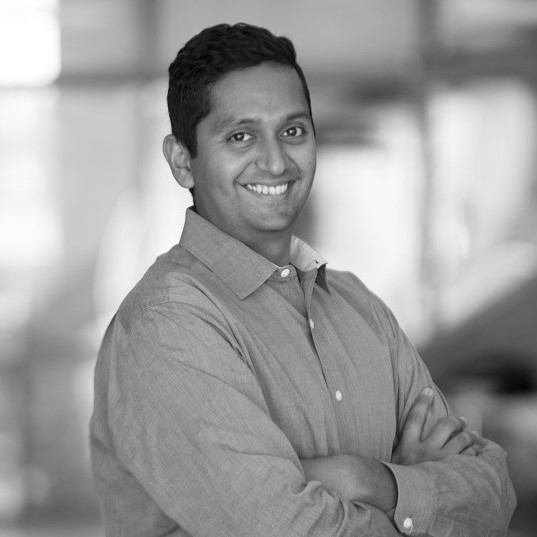 Study of Auditory and Speech Categorization
Study of Auditory and Speech Categorization
STUDY BASICS
Are you 18-65 years of age and right-handed? If so, you may be eligible to participate in a study to help researchers learn about changes in brain activity during the learning of a new language. Involves at least one session of fMRI or MEG scanning or an EEG test. Participants must be free of hearing loss, psychiatric illness, and have no non-removable metal in/on the body. Compensation provided.
IRB: STUDY19060011
- Neural Systems in Auditory and Speech CategorizationMEET THE RESEARCHER

Bharath Chandrasekaran
Dr. Chandrasekaran serves as a Professor and Vice Chair of Research in the Department of Communication Sciences and Disorders at The University of Pittsburgh. He earned his Ph.D. in Integrative Neuroscience from Purdue University in 2008, completed a postdoctoral fellowship at Northwestern University before joining the University of Texas at Austin in 2010. Dr. Chandrasekaran’s research uses a systems neuroscience approach to study the computations, maturational constraints, and plasticity underlying behaviorally-relevant auditory signals like speech and music. Over the last two decades, his lab has leveraged cutting-edge multimodal neuroimaging methods and computational modeling approaches to develop a sophisticated understanding how sounds are represented and categorized in the human brain. His approach is highly collaborative and interdisciplinary, integrating across fields of communication sciences and disorders, neuroscience, linguistics, psychology, engineering, and otolaryngology. His laboratory is currently supported by funding from the National Institutes of Health (NIH) and the National Science Foundation (NSF).
 https://pittplusme.org/study/1492
https://pittplusme.org/study/1492